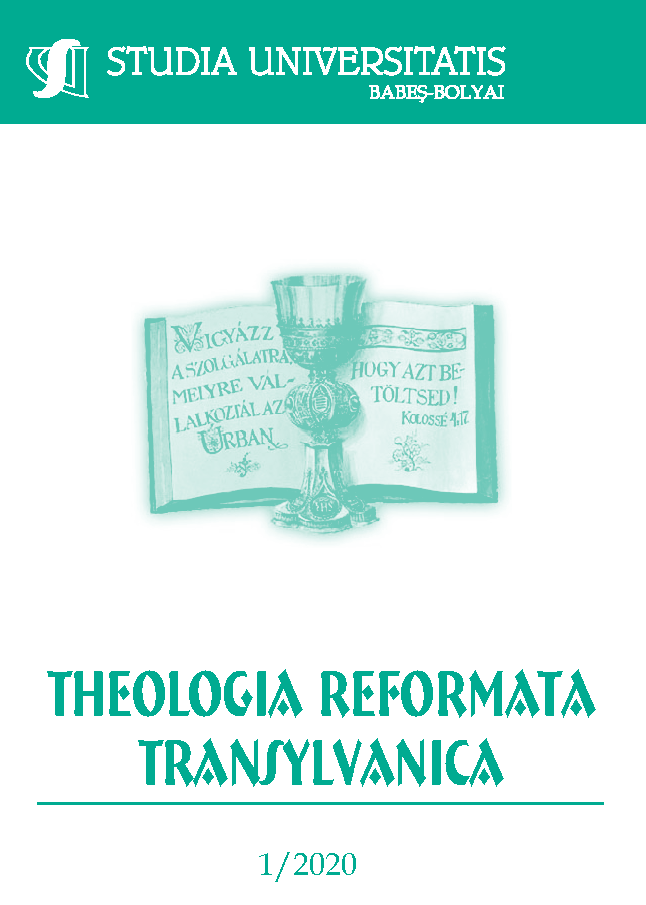A bocsánat tűfoka – „acumen veniae”
DOI:
https://doi.org/10.24193/subbtref.65.1.06Keywords:
Jankélévitch, forgiveness, moral philosophy, time, memory, absolution, AuschwitzAbstract
Mad Forgiveness.
Vladimir Jankélévitch (1903–1985) was a professor of moral philosophy at Sorbonne University for three decades, starting from 1951. He wrote thousands of pages on the essential issues of human life, on virtues – the reality of wisdom, courage, loyalty, sincerity, justice, fairness, modesty, humility, moderation, ab-negation, forgiveness, love –, and their opposites, lying and baseness, in an age where these topics were not seen as fashionable at all. Below, I present his thoughts on forgiveness and provide my own translation of the two final chapters of his work Le pardon.
References
ARANYSZÁJÚ SZENT János: A Felfoghatatlanról és az Egyszülött dicsőségéről. Ford. Perczel István. Odigitria–Osiris, Budapest, 2002.
CUSANUS, Nicolaus: A tudós tudatlanság, Paulus Hungarus–Kairosz Kiadó, Budapest, 1998. Ford. Erdő Péter.
GABETTA, Gianfranco: Le temps et la mort dans la philosophie de Jankélévitch, in: Critique, Janv./Févr., 1989, Tome XIV., Nr 500/5001. 26–31.
JANKÉLÉVITCH, Vladimir: Le Pardon, in: Uő.: Philosophie morale, Flammarion, Paris, 1998.
Tertullianus művei. Szerk. Vanyó László, Szent István, Budapest, 1986. 95. Védőbeszéd. Ford. Városi István.
SOMME, Luc-Thomas: Bulletin de litterrature ecclesiastique, Publié par l’Institut Catholique de Tolouse, Tome CVII/1., 2006.
Downloads
Published
How to Cite
Issue
Section
License
Copyright (c) 2020 Studia Universitatis Babeș-Bolyai Theologia Reformata Transylvanica

This work is licensed under a Creative Commons Attribution-NonCommercial-NoDerivatives 4.0 International License.






